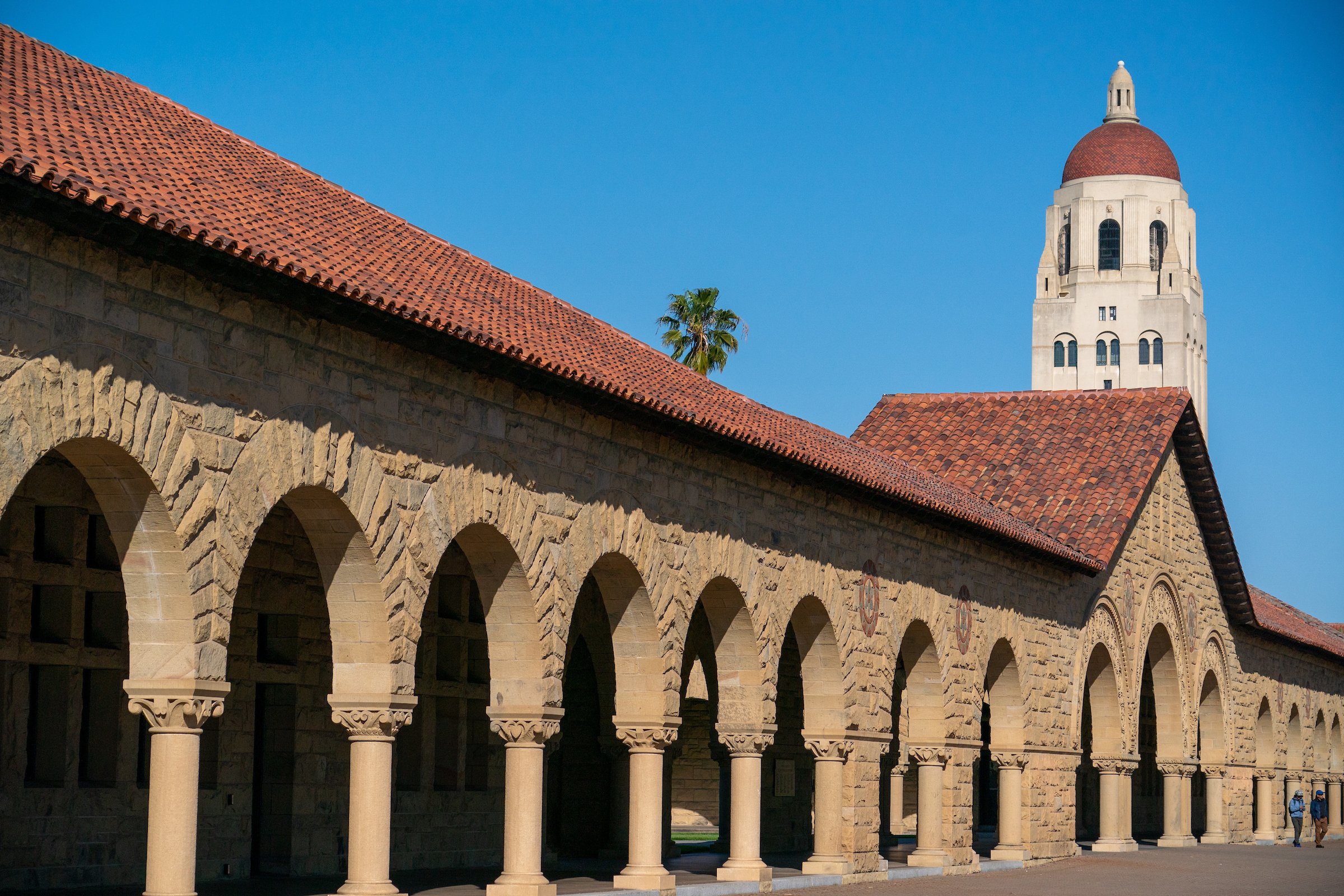In late February, Provost Persis Drell announced that the Framework Task Force had recommended the departmentalization of the African and African American Studies (AAAS) program, opening the door to a fully realized department of Black Studies at Stanford. Founded over 50 years ago, the AAAS program is the direct result of Black student activism; the 1968 “Taking the mic” protest that led to the program’s founding took place within a larger ecosystem of organizing in the Bay Area, and the move towards departmentalization was no exception to this trend. Black student organizers from the Black Graduate Student Association, Black Student Union and Black Studies Collective fought for over a year, hosting teach-ins, town halls and demonstrations to ensure that Black study had a home at Stanford. Students were central to the defense of Black studies then; students must be central to the formation of our AAAS department now.
We write as the members of the committee now envisioning the shape of a Black Studies department at Stanford. Over the past five months, we have been gathering information on the shape and structure of peer departments across the country. We have been meeting with department chairs, faculty members and program directors across the wider ecosystem of Black study in the U.S. In the coming months, we look inwards to the Stanford community.
African and African American Studies is on a path to departmentalization at Stanford, and we need your voice to shape the department as well as the ecosystem of Black study and racial justice at Stanford broadly. Whether you are an undergraduate, graduate student, staff member or member of the surrounding community, we want to solicit your perspectives on our forming department.
We also hope to collaboratively envision Black Studies in its most capacious conception; this is an opportunity for comparative global work across Black populations in different locations — among them African, Caribbean, Black Latinx, Black Indigenous and Afro-Asia encounters. The new department presents a chance to envision a study of the Black diaspora that is both attentive to the U.S. context and committed to global approaches.
To achieve this, we will be hosting a series of visioning sessions in the coming months, where all community members will be invited to contribute to the fashioning of our AAAS department. You will be asked to weigh in on the various facets of our Black Studies department, from its curricular offerings and intellectual commitments to its engagement with student activists and interaction with race studies across Stanford more broadly. We envision this as a time for students, faculty, staff, alumni and community members to articulate a community vision for AAAS and racial justice at Stanford.
The recommendation for the departmentalization of AAAS was, above all, a victory and direct result of community organizing and student investment in Black Studies at Stanford. We do not take that labor of Black community members and allies lightly, and, as a committee, we intend to honor and center that foundational work in our recommendation to the Provost on the shape of the department. Your perspectives will be crucial in fashioning the ecosystem of Black study at this university for years to come, and we hope that you will embrace this opportunity to collectively envision what a Stanford AAAS department might look like.
Please join us this Friday, Oct. 22 from 2 to 3:30 p.m. PT for the first of these visioning sessions. Future visioning sessions will be held on Oct. 29 and Nov. 5.
bit.ly/envisionaaas
Authors:
Mohammad Gumma
Layo Laniyan
Kimya Loder
Committee Members:
Ato Quayson, Professor of English (committee chair)
Joel Cabrita, Assistant Professor of History, Director of the Center for African Studies
Allyson Hobbs, Associate Professor of History
Vaughn Rasberry, Associate Professor of English, Faculty Director of AAAS
Jonathan Rosa, Associate Professor of Education
Kimya Loder, Graduate Student Representative
Mohammad Gumma, Undergraduate Student Representative
Layo Laniyan, Research Assistant
